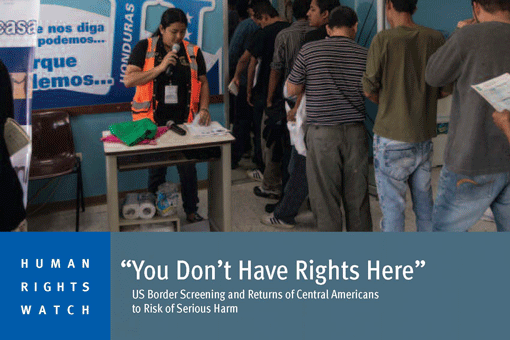Social spending and tax policy have emerged as two of the most common tools to combat high levels of poverty and disproportionately low access to education for Indigenous and Afro-descendent populations in Latin America. In their report, Fiscal Policy and Ethno-Racial Inequality in Bolivia, Brazil, Guatemala and Uruguay, the Inter-American Dialogue analyzes the effects government fiscal interventions have on poverty and inequality among racial and ethnic minorities. The report finds that taxes and direct transfers have little impact on reducing ethnic and racial inequalities, and offers an in-depth look at country-specific fiscal policies that have arisen as responses to ethno racial divides, such as conditional cash transfers in Bolivia and Guatemala.
The surge in migrants from El Salvador, Guatemala and Honduras to the U.S. in mid-2014 highlighted intensifying regional violence and prompted a greater commitment from Washington to address the problem. In Crime and Violence in Central America’s Northern Triangle: How U.S. Policy Responses are Helping, Hurting, and Can be Improved, the Woodrow Wilson Center presents findings from a year-long review of the Central America Regional Security Initiative. The report identifies the successes and challenges of current U.S. policies and recommends implementing a broader security strategy that expands the focus on drug trafficking to include economic opportunity, anti-corruption efforts and institutional reform in the criminal justice and law enforcement systems.
Migrants crossing the U.S.-Mexico border without authorization must undergo a rapid screening process. In their report, You Don’t Have Rights Here: US Border Screening and Returns of Central Americans to Risk of Serious Harm, Human Rights Watch argues that these expedited removal processes fail to adequately review petitions for asylum, resulting in deportation to countries where migrants may face grave threats. The report points to a pattern of negligence by the border patrol in examining asylum claims. It suggests that the U.S. may be violating international human rights obligations, and calls for the Department of Homeland Security to further review asylum claims and cease fast-tracking Central American deportation.






